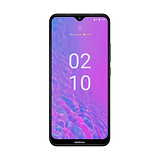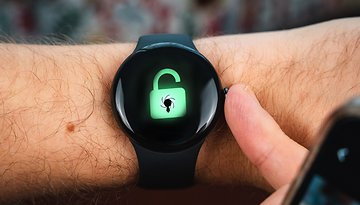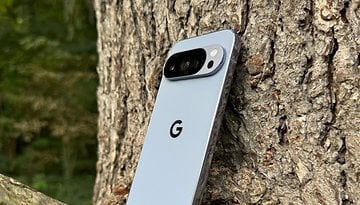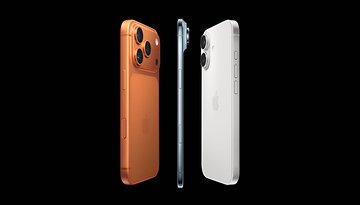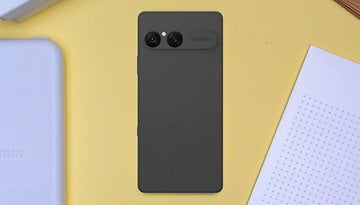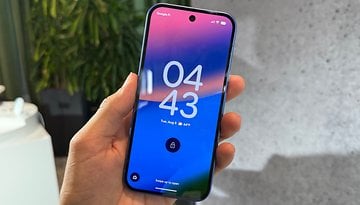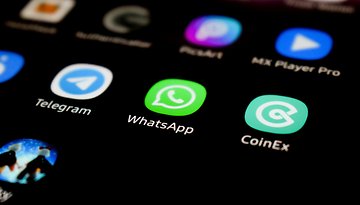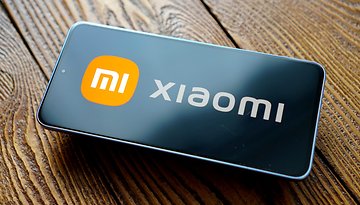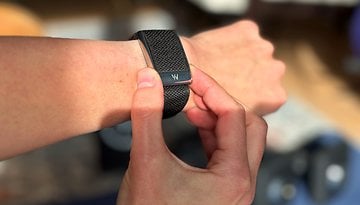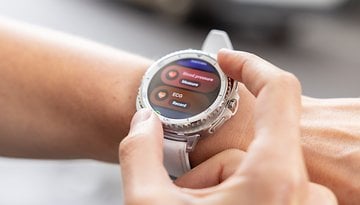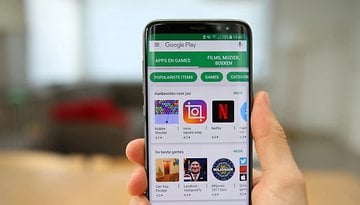How Young Is Too Young for a Smartphone? This Study Has a Stark Answer
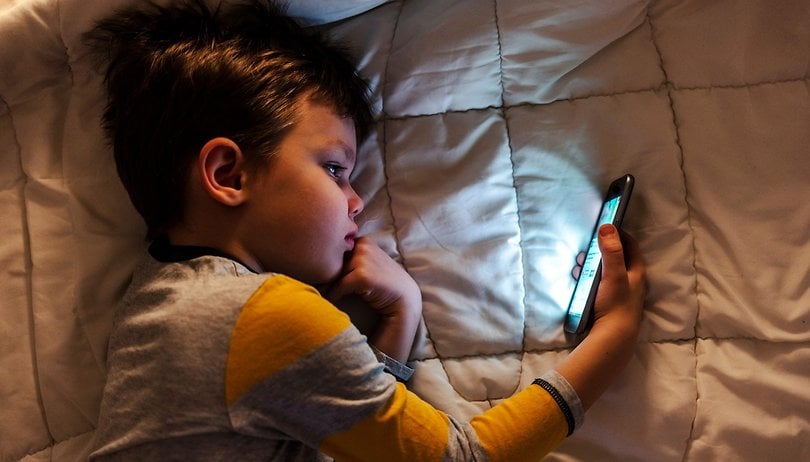

If you’re wondering whether giving your 10-year-old a smartphone is really that bad, a new global study says yes, it might be. Like, really bad.
It has been 17 years since the first iPhone launched in 2007. That means the first true smartphone generation, kids who grew up with a device in hand, is now entering adulthood. And we are finally starting to see the long-term effects.
Researchers at Sapien Labs just released a major report in the Journal of Human Development and Capabilities, analyzing mental health data from over 100,000 people aged 18 to 24. The key finding? The earlier someone got their first smartphone, especially before age 13, the worse their mental well-being is in early adulthood.
The findings are eye-opening. Those who got their first device at age 5 averaged nearly zero on the Mind Health Quotient (MHQ) scale. This is a broad mental health measure that captures emotional, social, and cognitive well-being on a scale from minus 100 to plus 200. Those who waited until age 18 scored much higher and reported fewer symptoms of anxiety, low self-worth, aggression, suicidal thoughts, and detachment from reality.
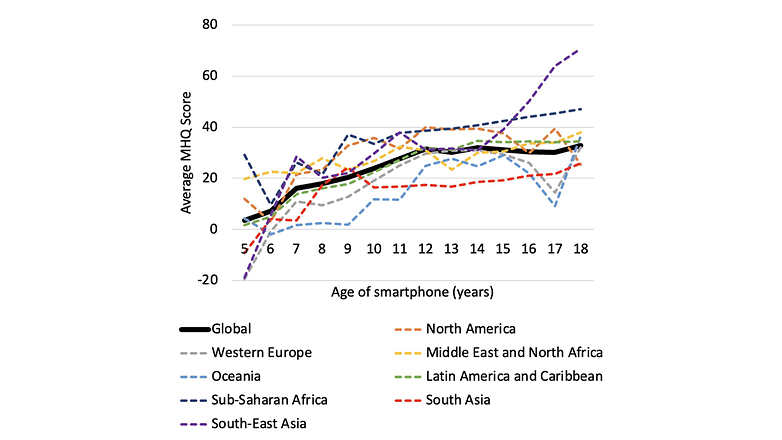
In short, early smartphone use, especially before age 13, was consistently linked to more severe mental health challenges. These included emotional instability, low self-esteem, and signs of psychological distress such as suicidal thoughts and a loss of connection with reality.
It’s Not Just About Screen Time
The study does not point fingers at the phone itself. The real issue is what smartphones open the door to. Early access often means more social media use, more chances for cyberbullying, worse sleep, and weaker family connections. It is not the device alone but the entire digital environment that comes with it.
“This isn’t just about individual parenting choices anymore,” said lead researcher Dr. Tara Thiagarajan. She is calling for serious policy change, urging governments to treat smartphones more like alcohol or tobacco when it comes to kids. Her suggestion: ban smartphones for children under 13 and introduce a gradual system of access as they grow.
Also read: After Hitler scandal, Elon Musk's AI wants to talk to your children!
Smart Devices Are Not Always the Problem
That does not mean every child with a smartphone is heading toward a mental health crisis. A 2022 study funded by Taiwan’s Ministry of Science and Technology makes that clear. It found that when kids, most likely between 10 and 12 years old based on the school system, used smart devices with proper support, the risks were minimal.
The key was structure. Parents who set clear permissions, restricted certain apps, limited social media use, and enforced screen time boundaries saw better outcomes. The devices were present, but the experience was guided.
- Also interesting: This Meta bracelet reads your gestures, even your intentions
The big takeaway is that context matters more than access in this case. Here again, it is not just about whether a kid has a phone, but how it is used and what habits are built around it. The study also highlighted the role of educators and policymakers. Instead of only limiting screen time, we should be teaching kids how to develop healthy, self-regulated smartphone habits.
Not every screen is a threat. But without guidance, smartphones can quickly become less of a tool and more of a trap. Especially for young kids who are still learning how to handle their emotions, focus, and relationships.
The Bigger Picture: Connection vs. Disconnection
This issue goes beyond childhood. Sociologist Dr. Alice Evans has raised concerns that smartphone overuse is weakening our ability to build and maintain real-life relationships. We are seeing a generation growing up constantly connected but emotionally distant. More scrolling, less talking. More content, less connection.
The latest findings from Sapien Labs add urgency to a growing conversation. What kind of society are we building if we keep handing out smartphones to children without the skills or support to use them responsibly? And what kind of adults are we shaping if their first relationships are with screens instead of people?
Let’s be real, smartphones aren’t going anywhere. But when we give them to kids and how we teach them to use them could seriously impact how people connect with each other in the future.
What’s your take on this? Do you think children under the age of 13 should have smartphones? Why or why not?



